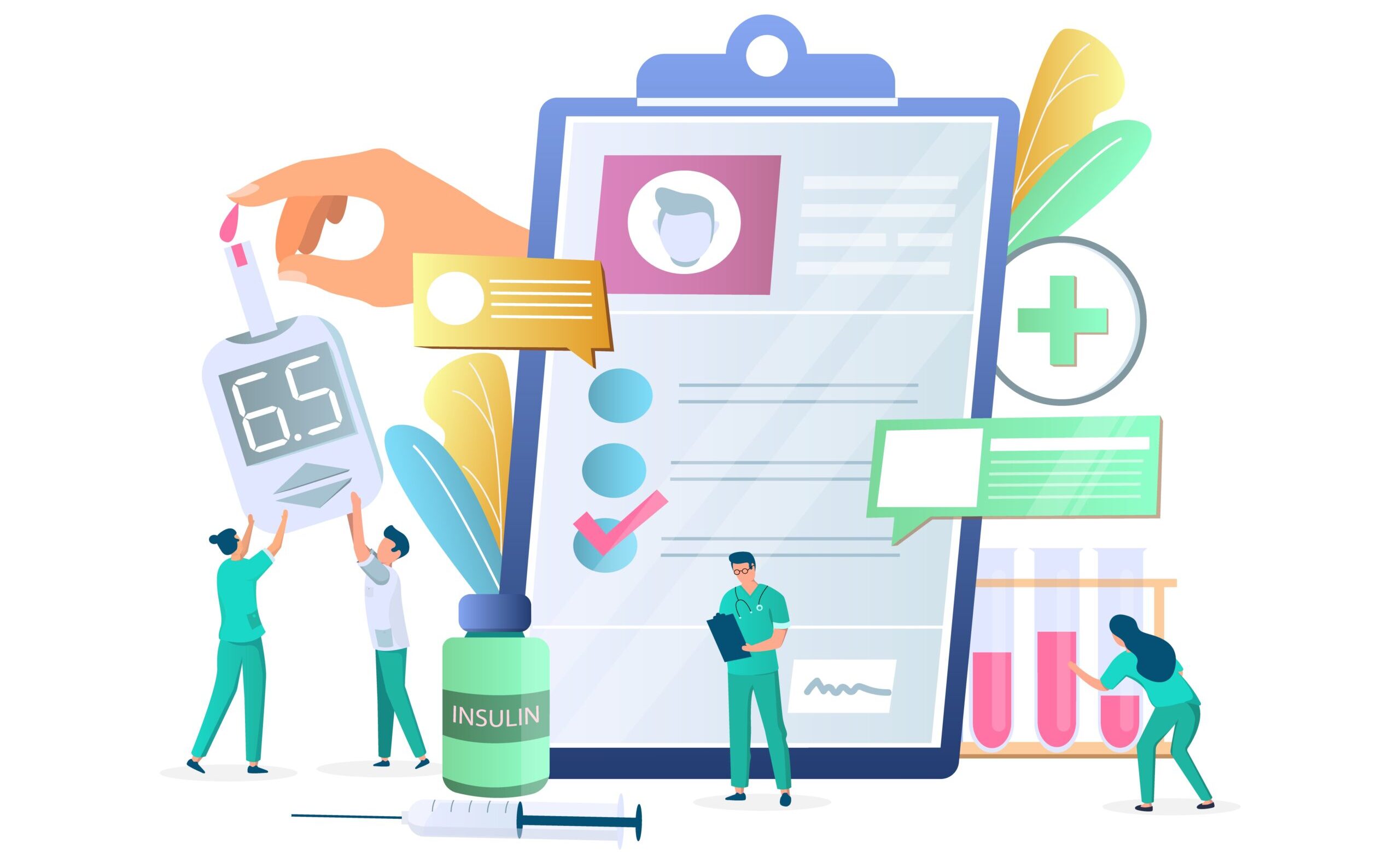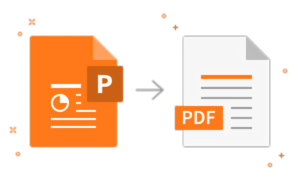Cracking the Code: Strategies for Expedited and Efficient Claim Processing
- 1 The Significance of Expedited Healthcare Claim Processing
- 1.1 Why does claim processing in the healthcare industry need to be more optimized?
- 1.2 1. Speed and Efficiency:
- 1.3 2. Cost Reduction:
- 1.4 3. Accuracy and Error Reduction:
- 1.5 Navigating the Unique Challenges in Healthcare Claim Processing
- 1.6 Technology Integration for Streamlined Documentation
- 1.7 Harnessing Automation for Seamless Workflows
- 1.8 Data Analytics for Informed Decision-Making
- 1.9 Interoperability and Integrated Systems
- 1.10 Artificial Intelligence in Healthcare Claim Processing
- 1.11 Enhanced Communication Channels for Stakeholder Collaboration
- 1.12 Patient-Centric Approaches for Improved Engagement
- 1.13 Blockchain Technology in Healthcare Claim Processing
- 1.14 Case Studies: Success Stories in Healthcare Claim Processing
- 1.15 The Continuous Evolution of Healthcare Claim Processing
The healthcare process has now revolutionized with practicality and efficiency through efficient claim processing. In the intricate landscape of healthcare, where every moment counts and precision is paramount, claim processing stands as a linchpin in determining the financial health of providers and the well-being of patients. This blog aims to unravel the complexities of healthcare claim processing, offering strategies to expedite the journey from submission to reimbursement, ultimately enhancing efficiency within the healthcare system.
The Significance of Expedited Healthcare Claim Processing

In the healthcare ecosystem, timely and accurate claim processing is critical. It not only ensures the financial stability of healthcare providers but also directly influences patient care. Expedited processing means quicker reimbursements, reduced administrative burdens, and, most importantly, timely access to medical services for patients.
Why does claim processing in the healthcare industry need to be more optimized?
Claim processing in healthcare plays a vital role in the efficient working of the healthcare system. It involves the claim submission, assessment and reimbursement of all the medical claims. It is essential to optimize the claims for the following reasons:
1. Speed and Efficiency:
Fast claim processing helps in quick reimbursements for all healthcare providers. By optimizing the process, you can reduce the time that it usually takes for claim submissions, reviews and getting paid. As a result, the overall efficiency of the healthcare system is improved.
2. Cost Reduction:
The optimized claim processing system can reduce administrative costs at a significant level. These tasks include manual data entry, paper processing and resolving the errors. The automation and streamlined workflows can ultimately lead to saving the cost and reducing errors. It helps both the healthcare providers and the payers equally.
3. Accuracy and Error Reduction:
Human errors are widespread when we talk about manual claim processing. It can lead to claim denials, delays and possible financial losses. If we go for optimization measures like automated validation checks and electronic data interchange (EDI), it helps minimize errors, and you can have accurate and timely processing.
Thus, we suggest all healthcare providers optimize the claims so the process can easily streamline the way they want.
Navigating the Unique Challenges in Healthcare Claim Processing
Healthcare claim processing presents unique challenges compared to other industries. Complex coding systems, stringent compliance requirements, and the involvement of multiple stakeholders contribute to the intricacies. Identifying and addressing these challenges is fundamental to developing effective strategies for expediting the process.
Technology Integration for Streamlined Documentation
One of the primary bottlenecks in healthcare claim processing is the extensive documentation required for accurate billing. Introducing technologies such as Electronic Health Records (EHRs) and automated coding systems can streamline documentation, minimize errors, and accelerate verification. This expedites the initial stages of claim processing and enhances accuracy.
Harnessing Automation for Seamless Workflows
Automation is a transformative force in healthcare claim processing. Implementing Robotic Process Automation (RPA) for routine tasks, such as data entry and validation, reduces manual workload and minimizes the chances of errors. This allows healthcare professionals to focus on more complex aspects of the process, such as medical coding and compliance.
Data Analytics for Informed Decision-Making
The integration of data analytics in healthcare claim processing brings a new dimension to efficiency. Analyzing historical claim data can reveal patterns, identify potential issues, and inform strategic decision-making. Predictive analytics can forecast claim volumes, enabling healthcare providers to allocate resources effectively and optimize their workflows.
Interoperability and Integrated Systems
The healthcare industry is notorious for its fragmented systems. Achieving interoperability and integrating various methods, from billing to electronic medical records, is crucial for a seamless claim processing workflow. Integrated systems facilitate real-time data sharing, reducing delays caused by information gaps and enhancing overall efficiency.
Artificial Intelligence in Healthcare Claim Processing
Artificial Intelligence (AI) is emerging as a game-changer in healthcare claim processing. AI algorithms can analyze claims for accuracy, detect potential fraud, and ensure compliance with healthcare regulations. Machine learning models continuously evolve, learning from patterns and adapting to changes in the healthcare landscape.
Enhanced Communication Channels for Stakeholder Collaboration
Effective communication is at the core of streamlined healthcare claim processing. Implementing secure messaging systems and real-time updates ensures seamless collaboration between healthcare providers, insurers, and regulatory bodies. Clear communication channels reduce the likelihood of misunderstandings, speeding up the approval and reimbursement processes.
Patient-Centric Approaches for Improved Engagement

In the modern healthcare landscape, patient-centricity is a driving force. Simplifying the claims submission process for patients, providing clear guidelines, and offering support can improve patient engagement. A positive patient experience not only expedites the initial stages of claim processing but also contributes to overall patient satisfaction and loyalty.
Blockchain Technology in Healthcare Claim Processing
Looking towards the future, blockchain technology holds promise for transforming healthcare claim processing. Its secure and decentralized nature ensures data integrity, reduces fraud, and facilitates transparent and efficient workflows. Smart contracts within the blockchain can automate approvals, ensuring accuracy and compliance with regulations.
Gazing ahead, the potential of blockchain technology to revolutionize healthcare claim processing is significant. Its secure and decentralized characteristics guarantee data integrity, diminish fraud, and streamline workflows with transparency and efficiency. Embedded intelligent contracts in blockchain can automate approvals, ensuring precision and compliance with regulations.
Case Studies: Success Stories in Healthcare Claim Processing
Examining real-world examples of healthcare organizations that have successfully cracked the code for efficient claim processing provides practical insights. Case studies highlight the strategies implemented, challenges overcome, and the tangible benefits experienced, offering valuable lessons for the broader healthcare community.
Analyzing instances of healthcare organizations that have effectively mastered efficient claim processing offers practical insights. These case studies showcase the implemented strategies, hurdles surmounted, and tangible benefits gained, providing valuable lessons for the wider healthcare community.
The Continuous Evolution of Healthcare Claim Processing
In conclusion, revolutionizing healthcare claim processing requires a holistic approach that considers the unique challenges of the industry. From technology integration and automation to data analytics and patient-centric approaches, healthcare providers must continually evolve to ensure expedited and efficient claim processing. By prioritizing accuracy, transparency, and patient satisfaction, the healthcare industry can navigate the complexities of claim processing, ensuring a seamless journey from submission to reimbursement.

















